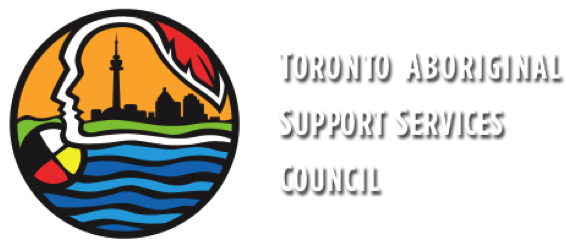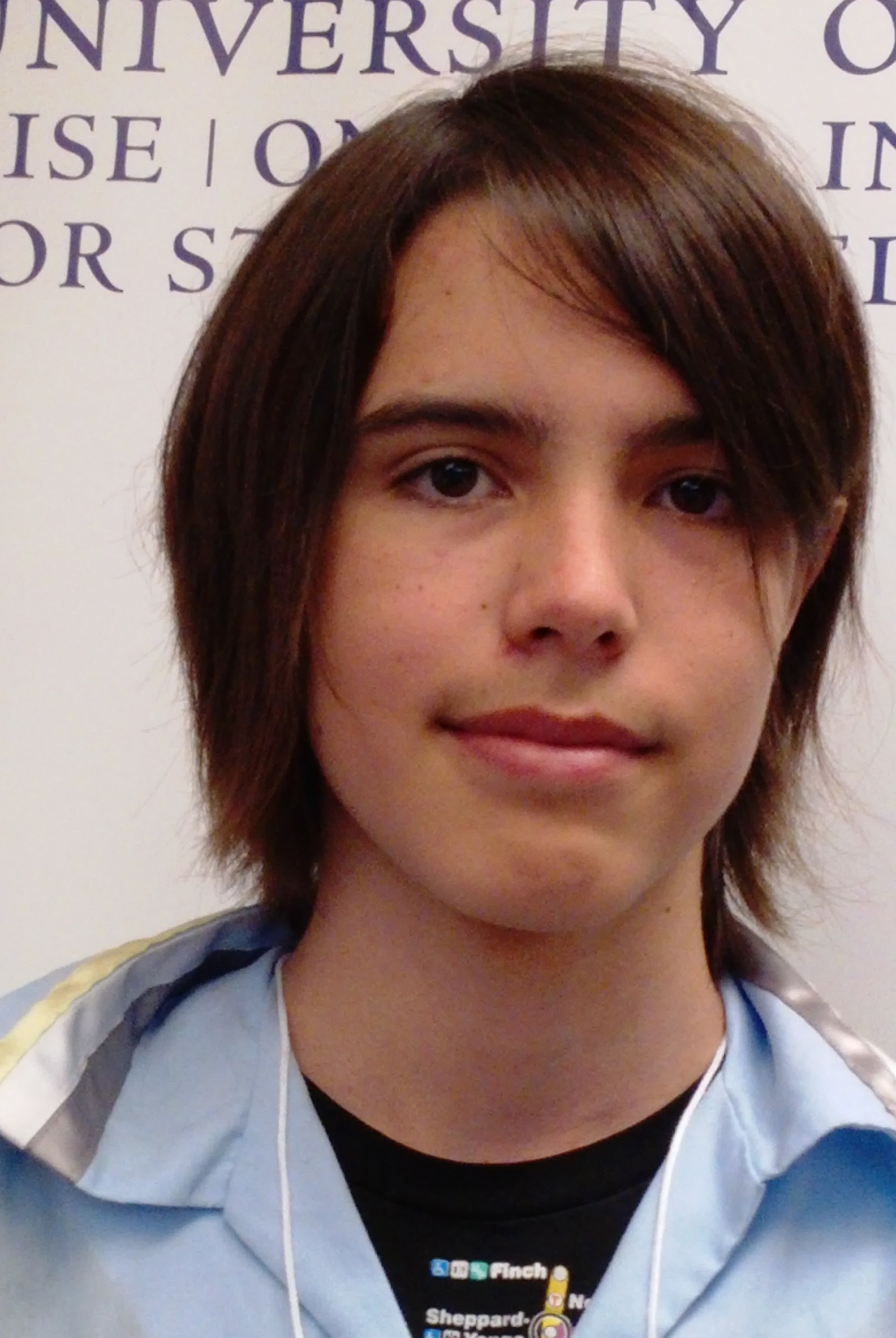Last week I was fortunate to be part of two different events related to Aboriginal Homelessness. The first, hosted by the Toronto Aboriginal Support Services Council, brought together researchers, front-line service providers and community members to discuss housing and homelessness needs of Aboriginal communities. The second, hosted by the Canadian Homelessness Research Network, was a two-day event in Calgary, AB with researchers, local community agencies and national Aboriginal service organizations. It looked at developing research priorities and terms of reference for a new national Aboriginal Homelessness Research Network.

One of the participants in both events was Suzanne Stewart from OISE/University of Toronto. Suzanne holds the Canada Research Chair in Aboriginal Homelessness and Life Transitions. She recently posted an essay on Facebook written by her teenage son Cohen Pinoski. We wanted to share that essay with you along with some links to more information about Aboriginal issues.
Persuasive essay/speech
Aboriginal history in Canada
Imagine being a normal teenager living in a normal middle class home in Canada, and it is Thanksgiving or Columbus Day. So you wonder what the people, who were on the land first before European exploration and colonization, were really like and what actually happened between settlers and the Indigenous population. Or at least you want to know more than the little information about Native peoples than is provided in high school. I’m sure not many people wonder about this, but the ones who do and want to know more don’t really have many places to go to get this information. And for most people who haven’t even thought of this or think they know enough about Canadian history (though I am sure they don’t), there is a security in this ignorance for them, because it preserves the colonial mentality of Canada. This ignorance regarding the history of Aboriginal peoples by the majority of Canadians is why it is time we started making more resources available to students to learn about Aboriginal history and make it a mandatory credit in high school to learn about the country in which we live, including today’s history of settler and Indigenous relations and ongoing problems from the two different sides. I will briefly discuss why I think this is an important issue in Canada.
One of the main reasons people living in Canada should know the history more in depth of Aboriginal peoples, is that this land was originally occupied by them and that everyone else who does not have Aboriginal ancestry is an immigrant here. The Natives were willing to share this land because they believed it didn’t belong to anyone, that land could not be owned any more than the sky or the air could be, in keeping with Aboriginal worldviews. Ever since the Europeans settled in what is now called Canada, they have greatly disrespected Native peoples, because Natives originally showed respect and weren’t treated the same in return; this should be fixed now. It could be fixed by properly teaching citizens of Canada the history of Aboriginal peoples from different point of views and the ongoing problems they still live with today, which are related to history of disrespect that is marked by oppression and racism; doing this could allow non-Native peoples to understand and give Natives the respect they deserve.
Another reason Canadians should know more about Aboriginal history is because of how the government has treated Aboriginal people. The Federal government has completely disrespected Aboriginal groups and individual, taking away their rights and freedoms to cultural, social, and political identities and lifestyles. As a mentioned above, European settles have taken Natives lands when Natives were willing to share, pushed Native groups onto reserves (government created areas for First Nations to live) with very limited land and resources, taken away families children and shipping them away to residential schools or adopted out to non-native families in Canada and internationally, and made their culture illegal, while getting negatively stereotyped by Canadian society. Often the public is just told very basic information or misleading information about Aboriginal cultures and history, many people know of that some negative events have happened in Native and settler relations, but think it’s alright now and that Natives should “just get over it” because the public lacks proper resources for learning about this history.
Another reason why educating the country on Aboriginal peoples is necessary, is that it could help Canada as a country solve many economic and resource development issues. Currently, a major problem is that the natural resources in Canada that the government and industry want to extract, such as oil, diamonds, and water, are either on First Nations land or need to pass though First Nations land to be shipped to southern Canada. Aboriginal land, originally given to them though treaty agreements, now seems “up for grabs” due to the race for resource development.
Most Native groups do not want to sell lands for any price because they have already lost so much of their land and culture; they do not want to lose any more. Educating non-Native peoples regarding the need to understand First Nations factors in economic and resource development would help create an understanding of what’s happening in Canada because most people misunderstand the issues and again think that Natives should just “get over it”, and could help us come to agreements regarding environment, social, and resource development conflicts.
These are all major aspects and events that are a part of Canada’s past that all Canadians should know because Canada needs to learn from its mistakes in colonial history so there can be changes to help Aboriginal peoples heal from this legacy of oppression that continues today through ignorance and racism that feeds off the ignorance of society. So that is why people should be taught all of Aboriginal people’s history from both sides (the European settlers and Aboriginal peoples).
 |
Cohen Pinkoski is a 15 year old Grade 10 student at Harbord Collegiate in Toronto, Canada. This essay was part of his English assignment. The reason why he chose to write about Aboriginal history in Canada is because it was something he knew from listening to his mother. In his spare time he likes reading, movies, gaming and hanging out with his friends. |
For more information on this topic:
- The Roots of Aboriginal Homelessness in Canada by Andrew Leach
- Assessing Urban Aboriginal Housing and Homelessness in Canada by Yale Belanger, Gabrielle Weasel Head and Olu Awosoga

